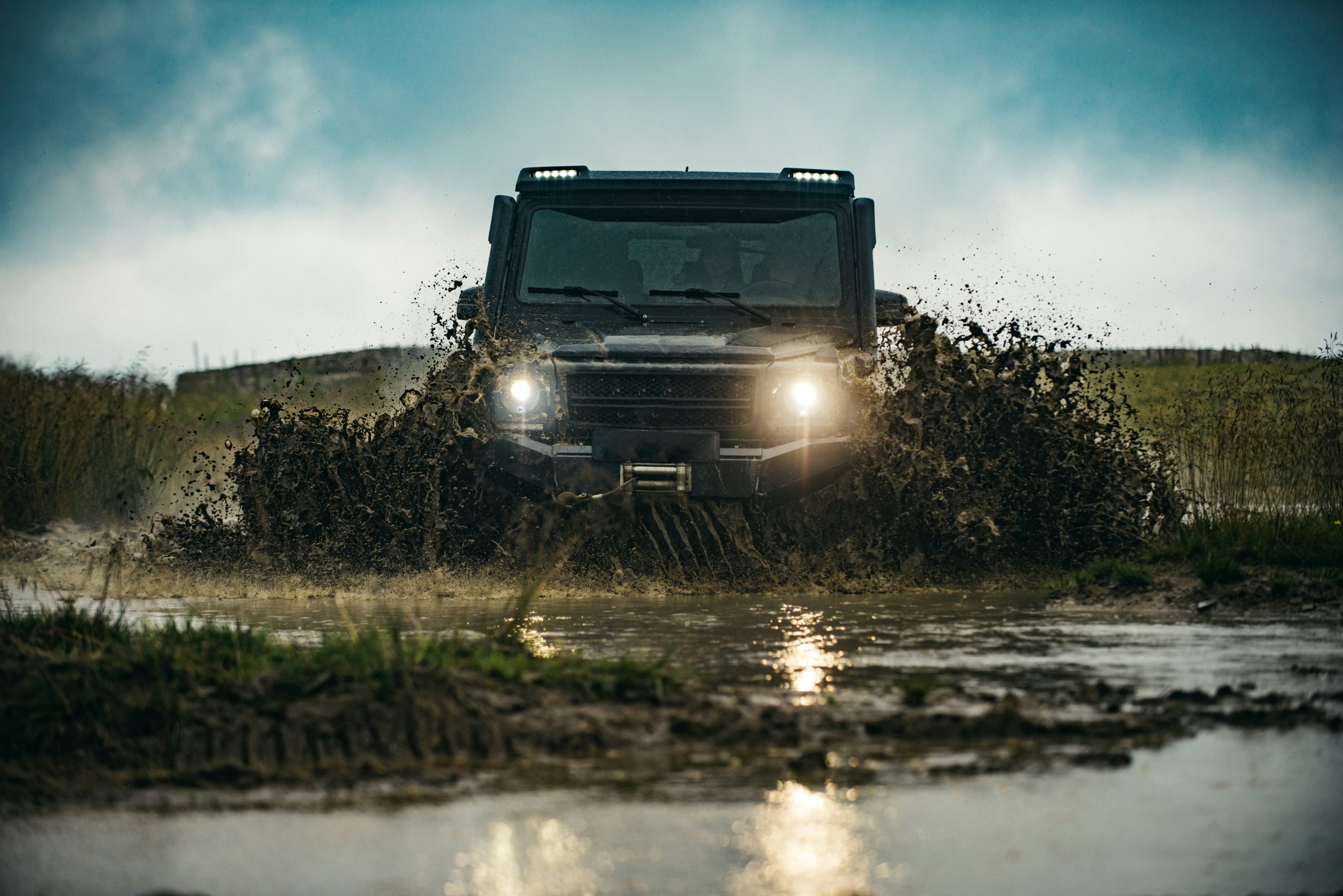Overlanding is a form of self-reliant adventure travel, often undertaken by vehicle, where the journey itself is the primary goal. Overlanding emphasizes exploring remote and rugged terrains, traveling off the beaten path, and immersing oneself in the natural world.
Key Elements of Overlanding:
1. Self-Reliance: Overlanders rely on their skills and resources for extended journeys. This means being prepared with the right equipment, knowledge, and supplies to handle any situation that might arise while far from civilization.
2. Vehicle-Based Travel: Overlanding typically involves a four-wheel-drive vehicle equipped for rough terrains and carrying essential gear. Some overlanders use motorcycles, bicycles, or even go on foot.
3. Remote Destinations: Overlanding focuses on traveling to less accessible, often uninhabited areas. The goal is to explore places off traditional tourist routes.
4. Long-Duration Journeys: Unlike typical camping or road trips, overlanding can last for weeks, months, or even years. It’s not just about reaching a destination but enjoying the adventure along the way.
5. Sustainability and Conservation: Overlanders practice Leave No Trace principles, aiming to minimize their environmental impact and preserve the natural beauty of the areas they explore.
6. Cultural Immersion: Overlanding provides opportunities to interact with different cultures and communities, experiencing local customs, traditions, and ways of life.
Essential Aspects of Overlanding:
1. Navigation: Being able to read maps, use a GPS, and navigate unfamiliar terrains is crucial for overlanding. Overlanders often venture into areas without clear roads or trails.
2. Vehicle Preparation: Ensuring your vehicle is well-equipped and maintained is vital. This includes having spare parts, tools, recovery gear, and modifications to handle off-road conditions.
3. Camping and Survival Skills: Overlanders need to be proficient in setting up camp, cooking in the wild, and handling emergencies. Knowledge of first aid and survival techniques is essential.
4. Planning and Flexibility: While planning is important, overlanders must also be adaptable. Unexpected challenges and changes in plans are part of the adventure.
5. Community and Resources: The overlanding community is a valuable resource for sharing tips, routes, and experiences. Forums, social media groups, and overlanding events help travelers connect and learn from each other.
Why Overlanding?
Adventure and Freedom: Overlanding offers unparalleled freedom to explore the world at your own pace. It’s about discovering new places, facing challenges, and experiencing the thrill of the unknown.
Connection with Nature: It allows travelers to immerse themselves in nature, away from the hustle and bustle of everyday life. The journey offers opportunities for solitude, reflection, and a deeper appreciation for the environment.
Skill Development: Overlanding helps develop a wide range of skills, from mechanical know-how to survival techniques. It encourages self-reliance, problem-solving, and resilience.
Cultural Exchange: Traveling through remote areas provides unique opportunities to meet people from different backgrounds and cultures, fostering mutual understanding and respect.
Overlanding is more than just a way to travel; it’s a lifestyle and a philosophy that celebrates exploration, self-reliance, and the spirit of adventure. Whether you’re a seasoned traveler or a beginner, overlanding opens up a world of possibilities and unforgettable experiences.
